Combatting Climate Change
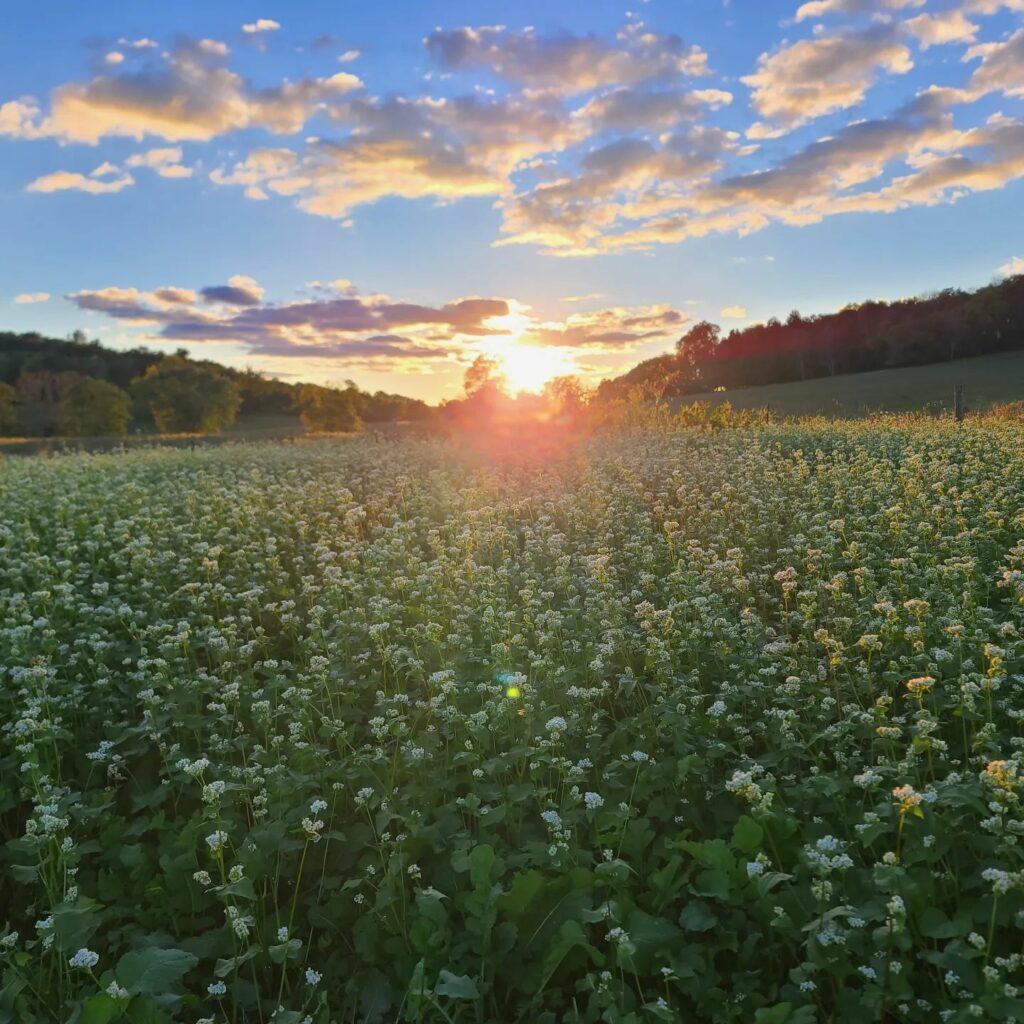
The good news is, while emissions reduction is still the most important way to mitigate climate catastrophe, there is a growing body of evidence that shows that carbon can be removed from the atmosphere—and stored in soil. This process, known as soil sequestration, is being championed by farmers, climate scientists, and nonprofit organizations, including Agrarian Trust, who see it as one of our most valuable tools in the fight against climate change.
Agrarian Trust Co-sponsored the 2022 Food Week of Action

Last week, food justice organizations around the country observed the Food Week of Action, an initiative led by Presbytarian Hunger Program. This year’s Week of Action had the theme People and Planet First, and centered the work of farmers, fishers, and other agriculturalists as they fight to build food sovereignty across the globe. As part of the Week of Action, participating organizations hosted events, actions, and worship services supporting this critical effort.
Global Spotlight: Community Land Scotland
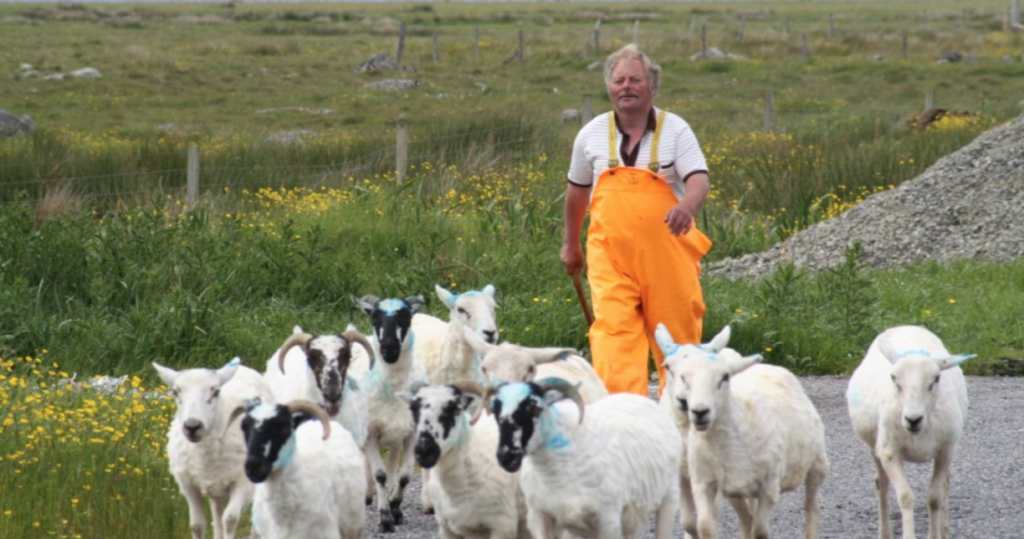
The Agrarian Trust is just one of many organizations across the world dedicated to the advancement of community control of the land. In Scotland, state-level land reform and grassroots organizing have led to the widespread practice of community land ownership. In 2010, Community Land Scotland (CLS) was founded to act as a shared voice for community landowners in Scotland and to provide support for communities as they navigate the complex world of purchasing and managing land as a community body. Today, its members “manage 560,000 acres of land, home to some 25,000 people.” As models like the Agrarian Commons gain traction in the United States, it is worth studying the examples of our global partners. CLS deploys a compelling mix of policy work, training, and networking opportunities to support community land ownership in Scotland.
The Legacy of Land
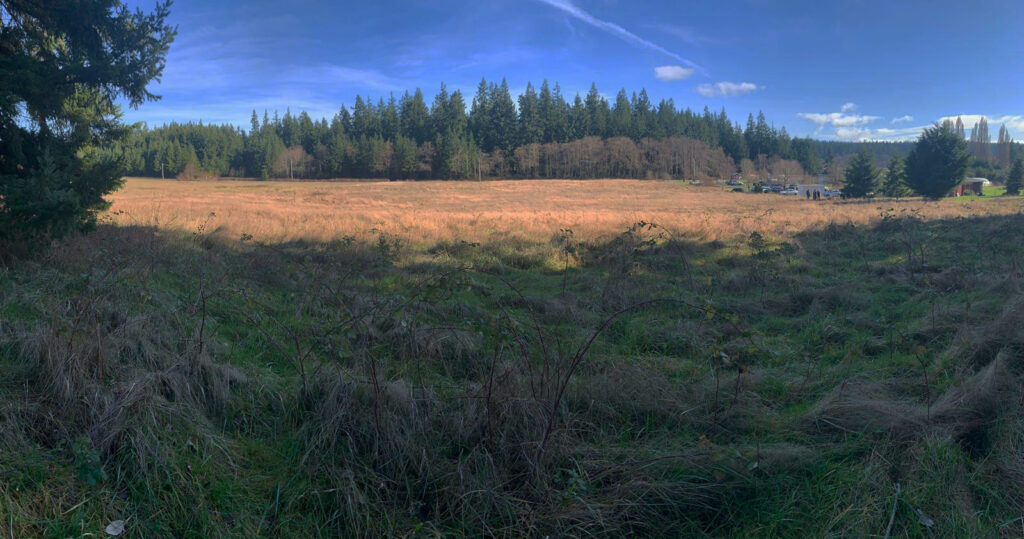
While these are the most common options donors use to transfer land into an Agrarian Commons, every donor is different. Agrarian Trust will work closely with prospective donors to ensure that they are able to make the gift in a way that best suits their needs, while continuing to support the Agrarian Commons. For example, donors can choose to donate only part of their land, or to spread their donation out over a couple of years in order to receive the optimal tax benefits. Nonprofits and land trusts are also welcome to donate land to Agrarian Trust.
Envisioning the Future of Black Seed Agroecological Farm and Village
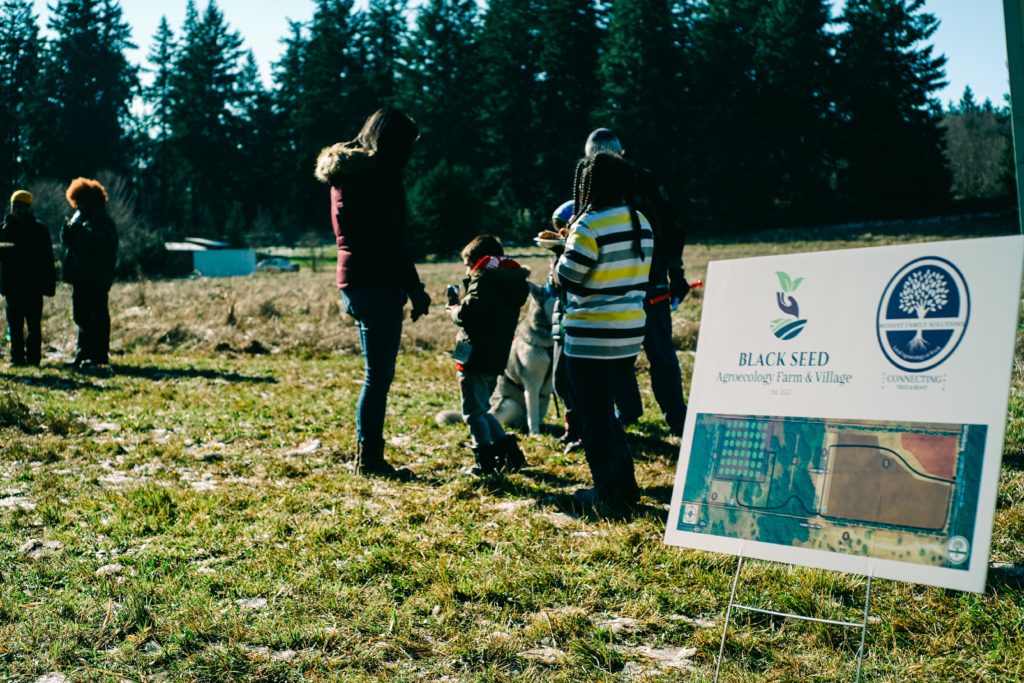
Black Seed Agroecological Village and Farm is still in the beginning stages of development. As is the case with most new farming operations, there’s a lot of work that needs to be done before the farm can begin operating at full capacity. New fields need to be cultivated, perennials planted, and new buildings constructed. Turner is currently working with the Washington State Department of Agriculture to define water rights on the farm, and to identify the source of surface water that covers part of the land.
What is Agroecology?
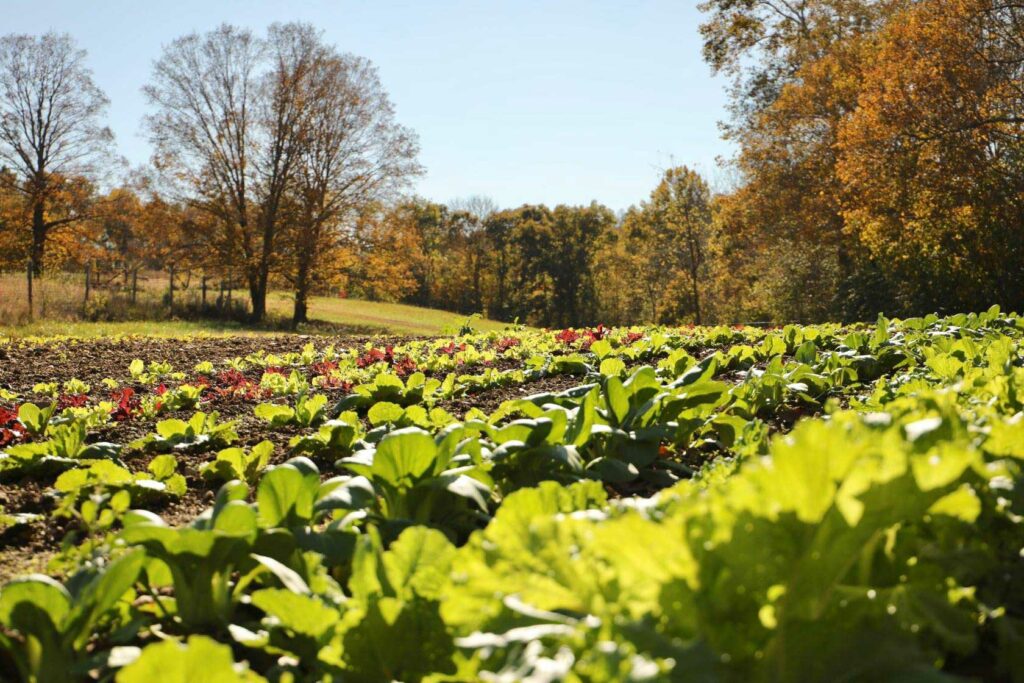
Agroecology is simply a continuation of these millennia of knowledge accumulation. Any one definition of agroecology as a practice would be incomplete. It reaches beyond a limited set of techniques or ideas, instead embracing the efficacy of agricultural techniques produced on a regionally, culturally, and ecologically specific level.
Key Findings From National Young Farmers Coalition’s 2022 Farmer Survey
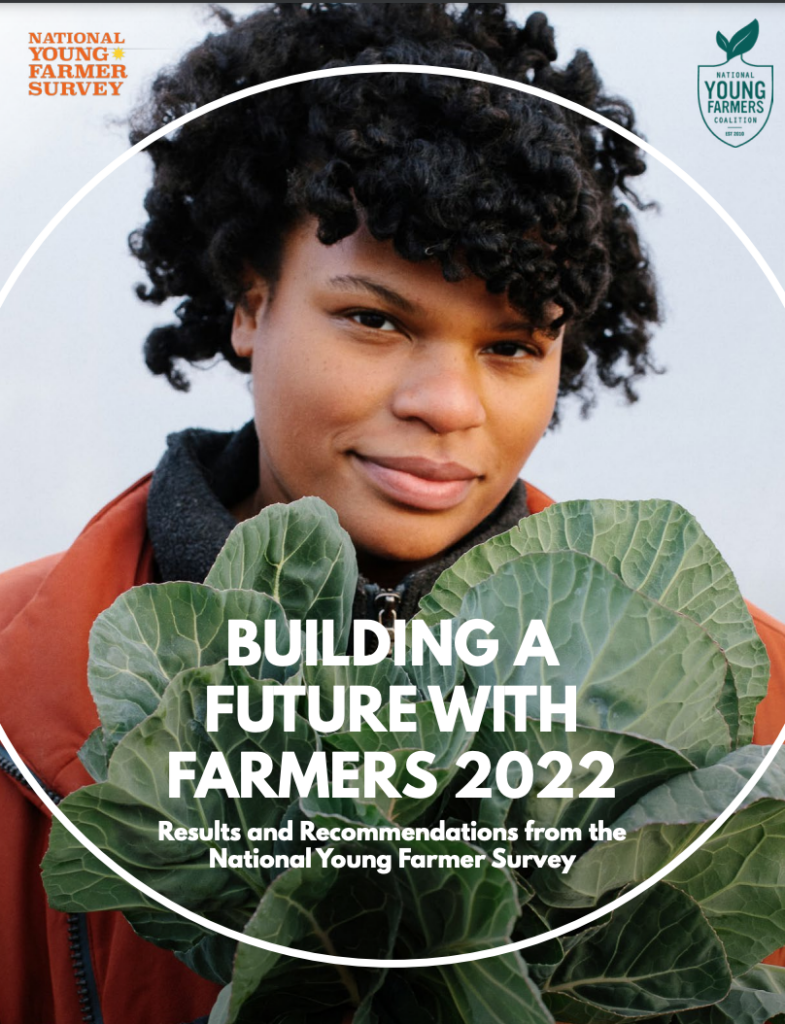
According to the survey, 59 percent of farmers surveyed reported that finding affordable land was “very or extremely challenging.” An even higher percentage of BIPOC farmers—68 percent of Indigenous respondents and 66 percent of Black respondents—gave the same response.
Rebuilding the Soil with Steve Normanton
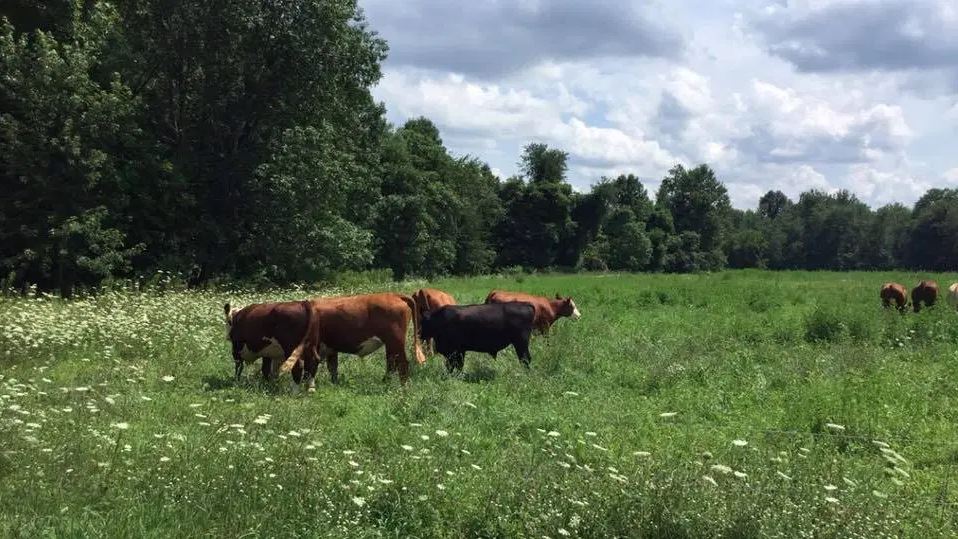
Rotational grazing is an exercise in balance and careful observation, requiring the farmer to time the movements of their herd around the life cycles of the grass and the decomposition of manure. If a plot of land is overgrazed, the soil can be polluted by excess manure. If it is not grazed at all, the grass loses the rich nutrients provided by manure and goes to seed, creating fibrous “lignified” organic matter that is less nutrient dense and difficult for cattle to digest.
Ensuring Donated Land Gets Managed Equitably
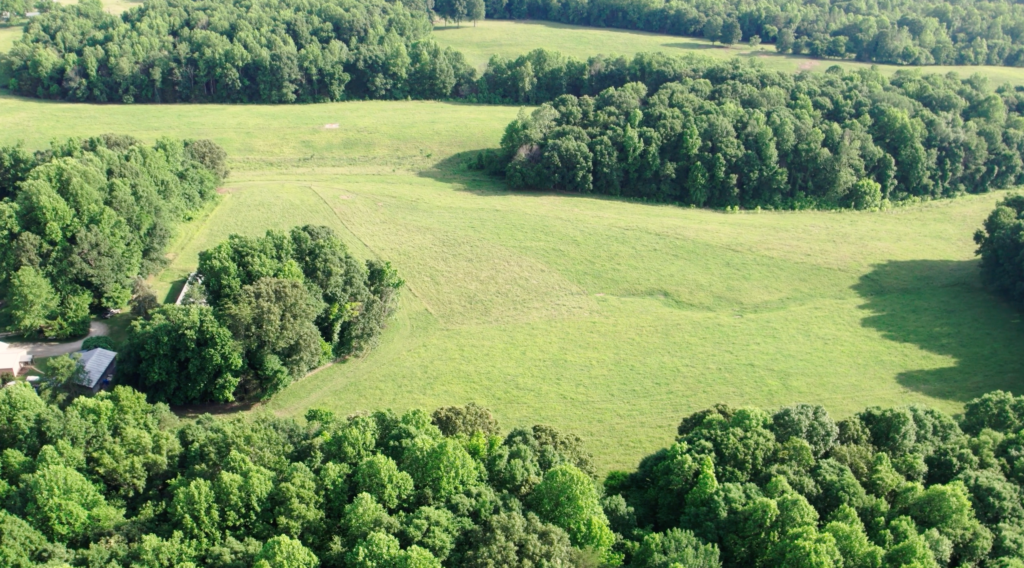
For Callie, successfully conserving agricultural land with issues of racial equity and environmental sustainability in mind took a lot of time and plenty of careful planning. After inheriting the land in 2015, Callie enrolled in classes at the local college and attended conferences on biological farming in search of farmers who shared her vision. Callie found a number of farmers who were interested in working the land, but only one couple was able to make a long-term commitment. Finally, after years of looking for a good fit, Callie and her husband found the Agrarian Commons model.
Building the Foundations for Food Sovereignty at Lick Run
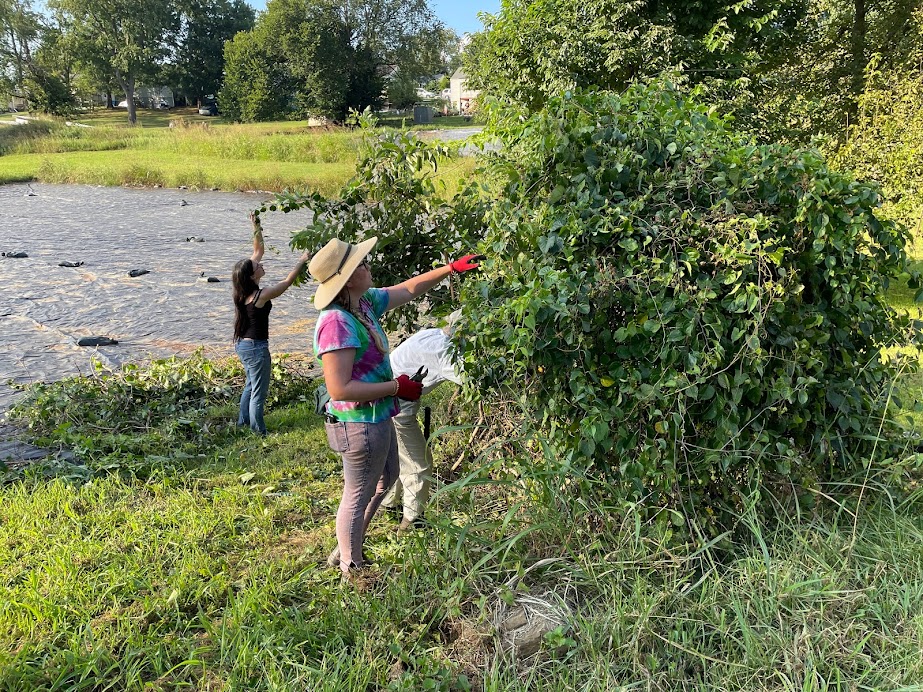
Community engagement and youth education play key roles in Terry’s vision for Lick Run Farm—even when it comes to creating a viable farm infrastructure. Building a greenhouse, Terry pointed out, can be an opportunity for teens to acquire important career skills.
“Something I learned firsthand when I first started farming was that farming is so much more than raising plants,” said Terry. “You at least have to be competent with plumbing, carpentry, maybe even a bit of electrical work.”